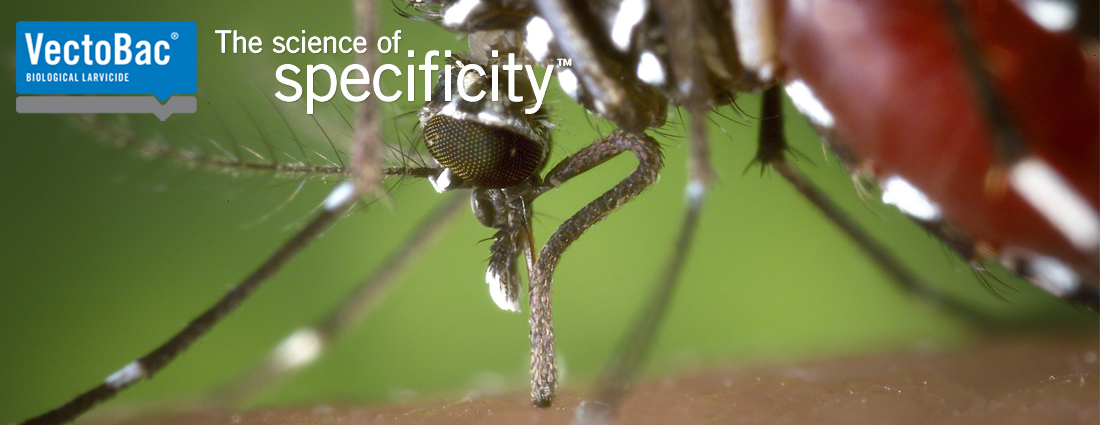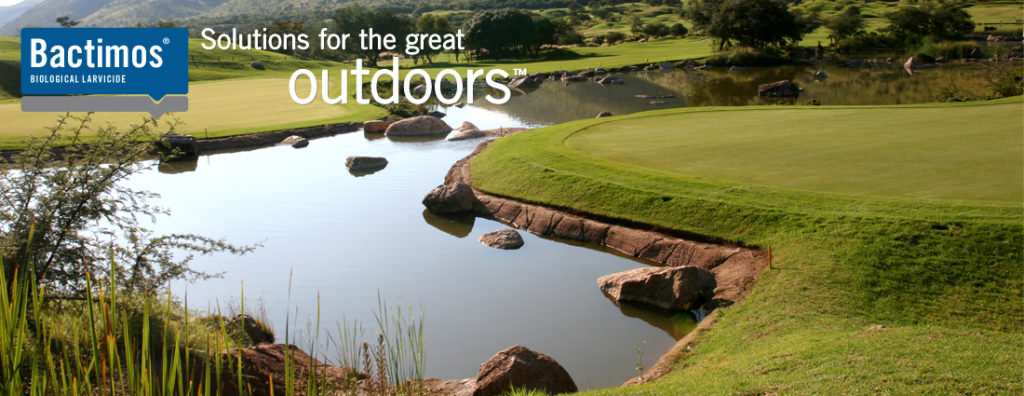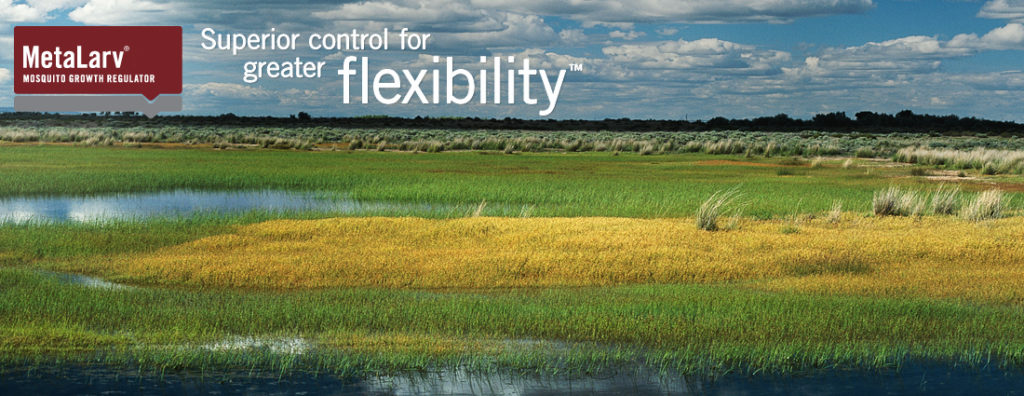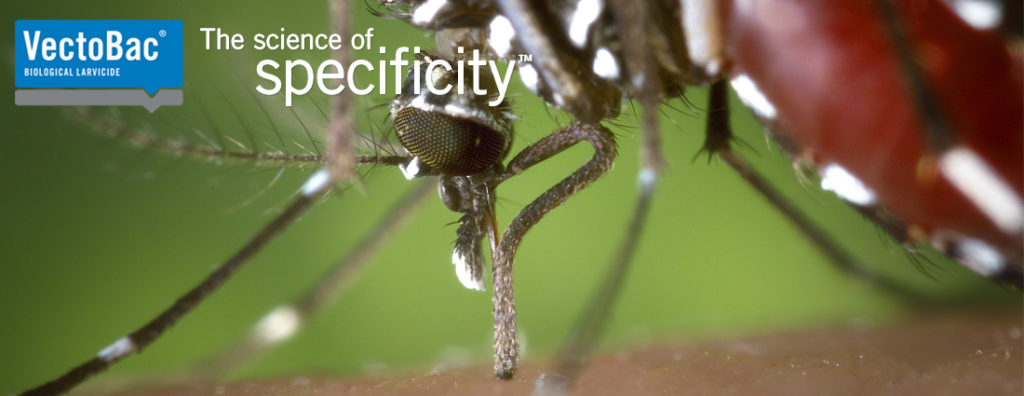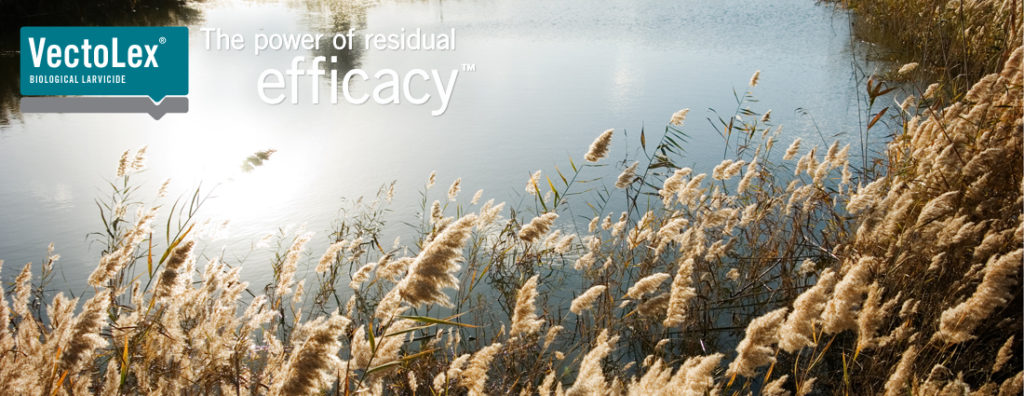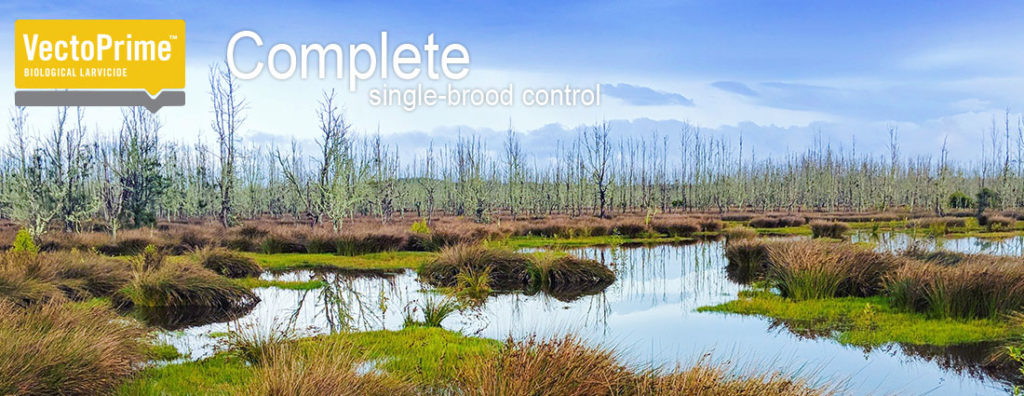Formulations
Products
Quick Links
WALS® Application Strategy. Learn More
Contact a Valent BioSciences public health representative.
Contact Us
Learn more about the World Health Organization Pesticide Evaluation Scheme – WHOPES. Read more
Learn more about dengue vectors. Read more
VectoBac WDG (known in some markets as WG) is a water-dispersible granule formulation ofBacillus thuringiensis subsp. israelensis (strain AM65-52) for control of mosquito larvae. The product has a potency of 3,000 International Toxin Units (ITU) per milligram against Aedes aegypti larvae. It is designed for use in aqueous spray mixes and for direct application. VectoBac WDG was the first bacterial larvicide to complete the World Health Organization Pesticide Evaluation Scheme.
Container Mosquito Management Resources for WALS® Applications
WALS® Resources
Biorational Product Options
Technical Documents
Links
Videos
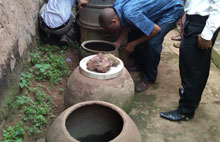
In addition, adulticiding these species can be quite difficult based on their flight times and other behaviors. Various application methods of VectoBac WG allow for an effective supplement to Integrated Vector Management (IVM) programs aimed at reducing these species that have the capacity to transmit dengue, chikungunya, yellow fever, as well as other arboviruses.
Direct Applications
Apply directly (undiluted) to water reservoirs with a volume capacity of >13.2 gallons (50 L). Application rates of 2–8 g per 264 gallons (1000 Liter) of container capacity (100–400 mg/50 L) should be used depending on habitat conditions and program objectives. Application may be made with a calibrated scoop or spoon.
Applications — Ground (Backpack)
Backpack spray application can be utilized to cover relatively large areas (spray blocks), while targeting the spray to known or suspected habitats within the block. Spray application can also be targeted strategically to areas of special concern, areas of high virus transmission (hot spots), or where populations of container mosquitoes are high due to the presence of extensive container mosquito sources.
WALS Applications
These types of applications for control of container mosquitoes are highly specialized. For ground (truck) applications, this approach has only just recently (within the last five years) been implemented operationally in Southeast Asia, with the U.S. and Europe currently in the development phase.
In 2009, the Florida Keys Mosquito and Vector Control District (U.S.) implemented the world’s first aerial larviciding program to control dengue vectors on a large scale. If you are interested in finding out more about this approach, please contact our technical development team for further information.
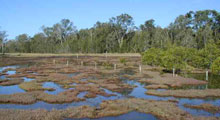
For general mosquito control, VectoBac WG can be applied as an aqueous spray application using conventional ground and aerial application equipment to habitats with little or no vegetation. Rate selected should be based on habitat, larval population/stage, and/or environmental conditions.
Suggested Rate Range:
- Natural floodwater and agricultural sites: 50–200 g/acre (125–500 g/ha)
- Polluted water: 200–400 g/acre (0.5–1.0 kg/ha)
Features:
- Dry formulation
- Mixes easily in water
- First and only bacterial larvicide to be certified by the WHO Pesticide Evaluation Scheme
- Effective in direct application for residual control of container mosquitoes
- Effective in ground and aerial spray application as aerosol or mist droplets for wide-area control of container mosquitoes
- Highly specific activity on mosquitoes
- Quickly kills mosquito larvae (2–24 hours)
Benefits:
- Increased storage shelf life
- Decreased weight to transport
- Aqueous spray or direct application
- Sprays easily through many equipment types
- Not harmful to non-target organisms
- Results assessed quickly in field
*Source: World Health Organization Onchocerciasis Control Programme (OCP) https://www.who.int/blindness/partnerships/onchocerciasis_OCP/en
Resources
Learn more about VectoBac WDG/WG
Quick Links
WALS® Application Strategy. Learn More
Contact a Valent BioSciences public health representative.
Contact Us
Learn more about the World Health Organization Pesticide Evaluation Scheme – WHOPES. Read more
Learn more about dengue vectors. Read more
